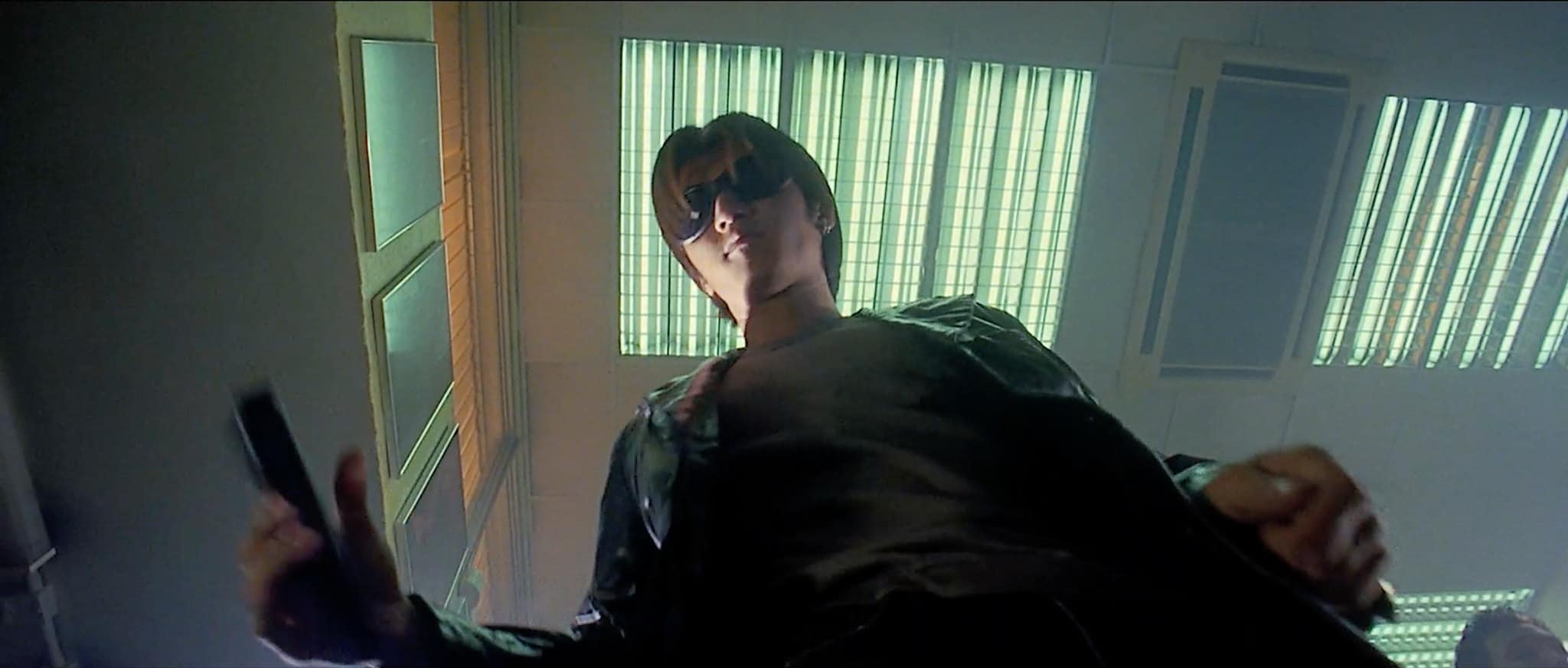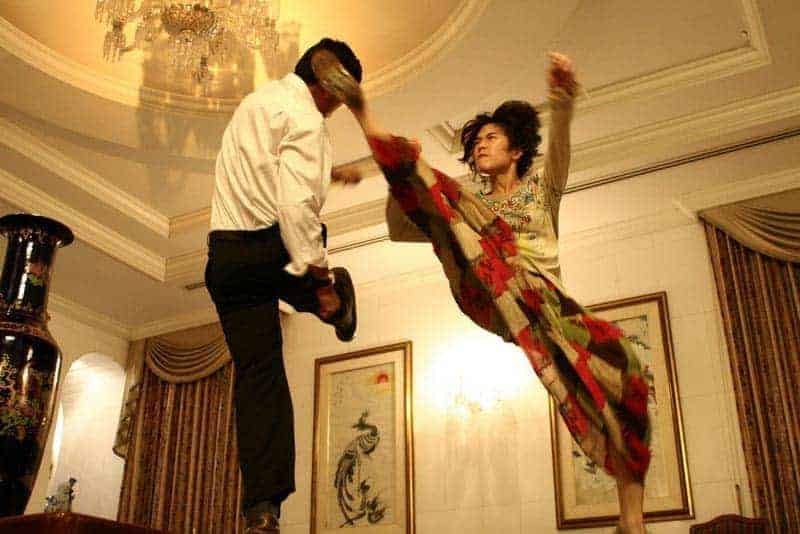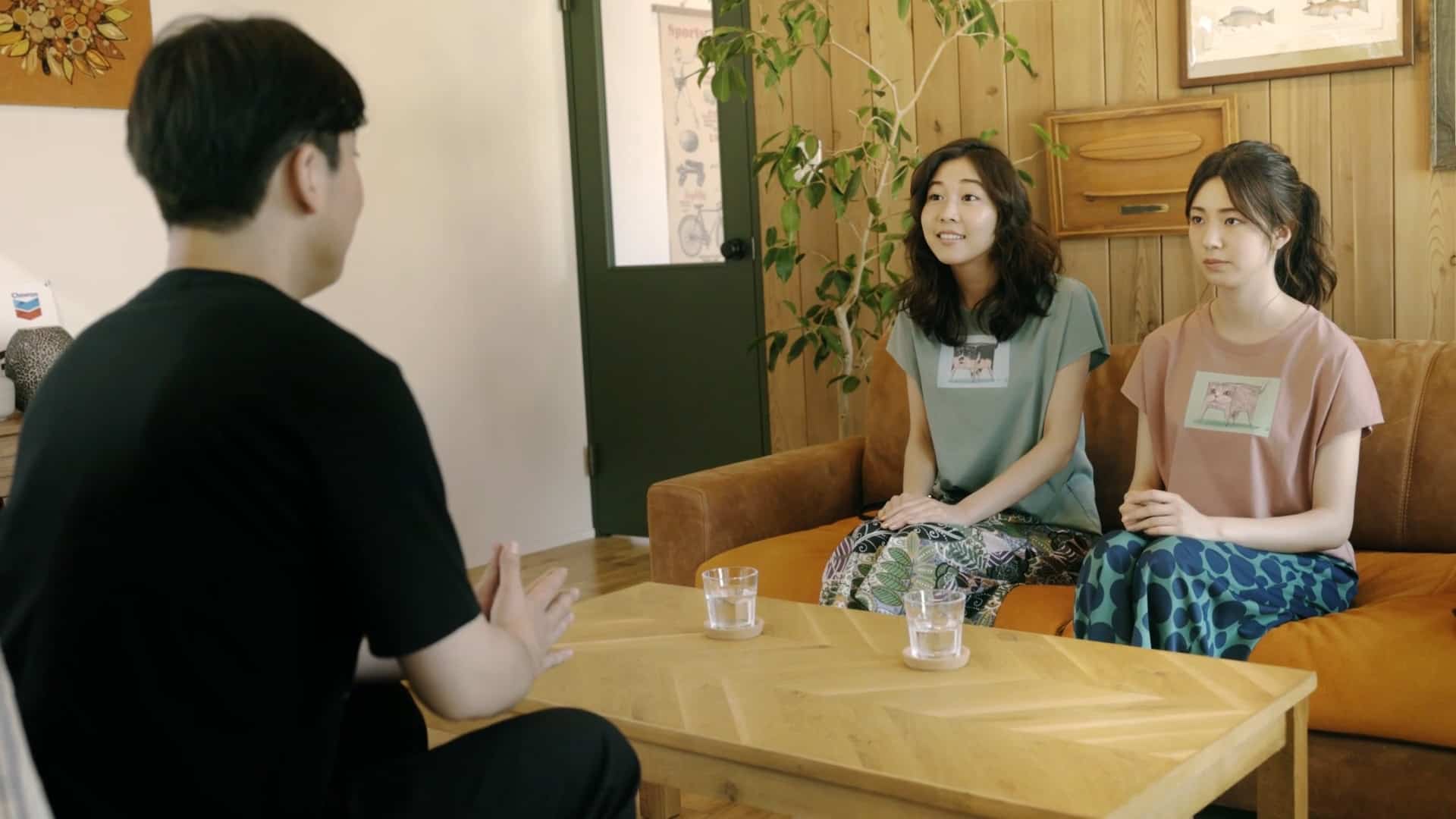Yuji Mitsuhashi is not a man of many words. Since his early animations and the short feature debut “Birth” (2010), only few productions were spiked with dialogues, while the rest found their expressive force in a choreographed connection between image and sound. Although built on different ideas, all films by Mitsuhashi have one common denominator – exploration of human desires and fears.
“Kyonetsu” is screening at Japan-Filmfest Hamburg

“A Jellyfish” (2014), written/ directed/ filmed and edited by Mitsuhashi, presents us with only one line spoken during its 14 minutes – a simple “goodnight”. It is nevertheless a deeply expressive film about loneliness and longing, starring Kyoko Takahashi (One Cut of The Dead) and Yoshiki Domoto. Dominated by Shinokuni's original score, “A Jellyfish” is a perfect example of Mitsuhashi's strong relationship to local composers/ musicians. Each of his films is accompanied by a slightly eerie sound, composed to connect the dots of the narrative, along with a powerful sound design. The murmur of water running down the river, the rustle of bed sheets, the chirping of crickets, loud food-crunching coming from people's mouth, or a brisk noise of shattering glass settle into plot-lines, finding their anchor in the protagonists' state of mind.
After previous Matsuhashi's films “Unknown” (2010) and “Kidney” (2012), Ukyo Nagura slips back in the titular role in “Kyonetsu”, a dialogue-free black and white drama about a writer in crisis who discovers that his only inspiration comes from sadistic sexual practices with his wife (Kyoko Takahashi).
Stuck in writer's block, his head gets filled with images of death, and the overwhelming urge to destroy life takes over. His first victim is a cricket that gets mercilessly squashed by his meaty fingers. The only creature that he looks mercifully upon is a kitten who will get one of the most powerful roles in the film.
Shot in the square 1:1 aspect ratio to constrict the space dedicated to Nagura's character, keeping him in focus at all times, “Kyonetsu” concentrates on the progression of the writer's madness, occasionally seizing for the bullet time shots to enhance the nauseated speed of his mental distress. Short of genre classics, the film faces one big problem – a completely blended-out personality of the wife. Resistance-free in every aspect of the relationship, she gets asphyxiated night after night, only to come back to life the next day, silently preparing breakfast for her husband.The only role she has at all, is the one of questionless submission, a part of the setting, or just a beautiful woman who is pleasant to the eye.
Cello solo composed by Takiya Kubo & Yuto Umega is a hair-raising spice to the genre-esque style of the film, and one of its strongest assets. This is an unusual, original film, with lots to take in, which currently screens at Japan-Filmfest Hamburg.















